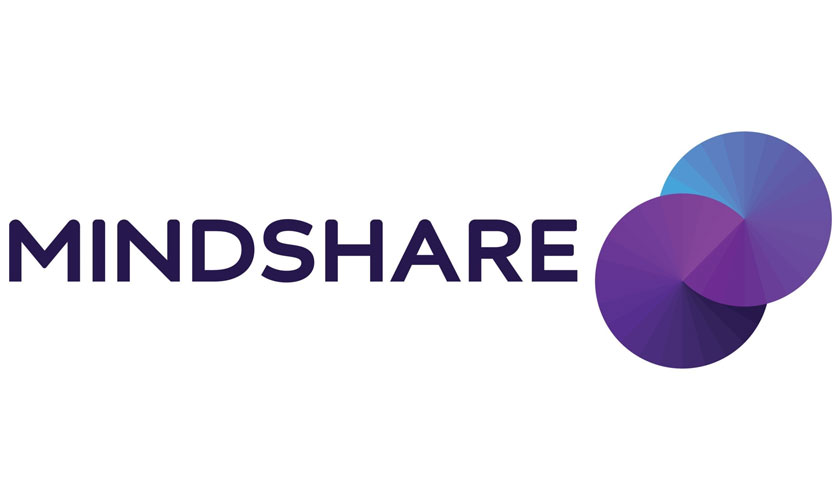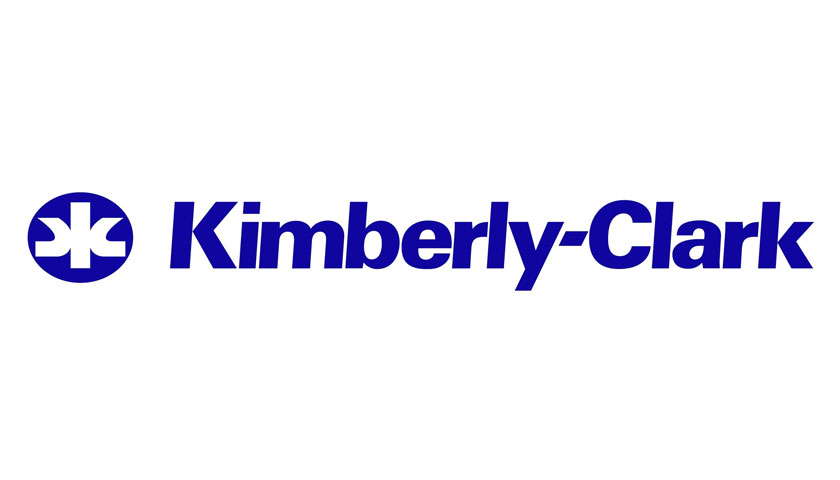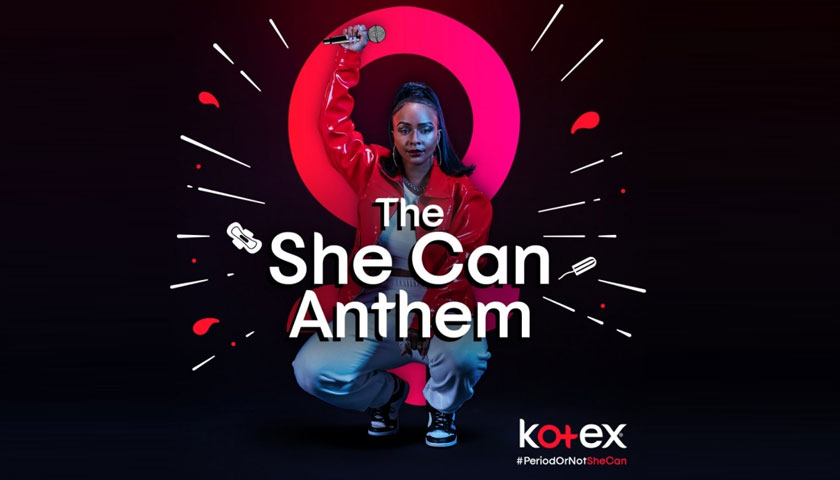Seventy-three percent of Americans support the Black Lives Matter movement.1 Yet stories about the BLM movement, the murder of George Floyd, and the everyday experiences of Black people are regularly (even if unintentionally) being censored in the media.
How? Advertisers use keyword exclusion lists to ensure that their brands don’t appear alongside content that doesn’t align with their values, or show up alongside stories where an ad may seem out of place. But this has unintentionally led to a lack of financial support for hard news and critical stories, despite high reader interest. Some sources estimate that U.S. publishers lost a total of $2.8 billion in revenue in 2019, due to incorrect blocking of safe content.2 And in recent weeks, several publishers and technology companies have publicly shared how keywords around Black lives are disproportionally being affected—all of which leads to demonetization, and then censorship, of Black voices.
Mindshare, the global media agency network that’s part of WPP, is launching a Black Community private marketplace (known as a PMP) to financially support Black journalism and community voices across the U.S., with one in the United Kingdom soon to follow. The agency began work on this PMP in the spring, curating a list of Black publishers, content creators, and artists across the Black diaspora. It is the second in a series of “Inclusion PMPs” that the agency has launched this year to help underrepresented communities in journalism; the first was a LGBTQ PMP launched in February.
“U by Kotex is a brand that stands for championing progress and we know first-hand what the difference between being an ally and an advocate can do,” says Brian Clayton, General Manager for U by Kotex North America. “Our goal with being a launch partner for this PMP is to create real action and support for Black voices and communities, and this is a concrete way to do that. You can’t fight against racism and structural inequality if Black voices are being silenced, and we’re proud to invest in Black journalists, content creators, and artists.”
The Black Community PMP is launching with 25 publishers spanning digital, audio, and video across the U.S. And crucially, while marketing to people in the Black community has largely in the past been referred to as simply “African American” or “AA” in the U.S., Mindshare’s PMP is focused on inclusivity of voices across first-generation African, Caribbean American, and American Afro-LatinX.
“Working in media for eight years, I’ve always been passionate about ‘inclusivity’ over just ‘diversity,’ because the latter creates a silo, an unawareness of different cultures and communities,” says Sherine Patrick, Manager, Digital Investment, Mindshare USA, who is leading the launch of the Black Community PMP in the U.S. “The goal of this PMP is to help tell and amplify Black stories and voices across journalism and the arts, and to drive real inclusivity in media. Supporting these publishers with ad dollars is critical to that.”
“I am proud of Mindshare’s leadership to support Black voices and create programs that drive increased investment for creators of color. We’re excited to have Pod Digital Media’s network of more than 400 podcasters be included in their new Black Community PMP,” says Gary Coichy, Founder and CEO, Pod Digital Media, the first Black owned and curated podcast network.
In addition to the U.S., a similar PMP to support the Black Community will soon launch in the U.K. as part of a wider global initiative. This second “Inclusion PMP” also comes on the heels of, and works in tandem with, numerous other initiatives on the Mindshare and GroupM level designed to support underrepresented voices and promote the diversity and health of the media marketplace. GroupM recently launched the Multicultural Marketplace, a comprehensive list of Black and Hispanic owned and/or focused publishers across the U.S. The holding company also recently became the first to join TripleLift’s “Help Journalism” programmatic initiative, which drives clients’ ad dollars to local news publishers.
More Information: How Keyword Exclusion Lists Work—And Have Contributed to This Problem
Today’s advertisers have hundreds to over a thousand words on keyword exclusion lists. These lists tell automated digital advertising models not to put a brand’s advertising alongside content that could be potentially non-brand safe, based on specific words or phrases. But in an effort to avoid their brand appearing alongside topics or content that could be potentially inflammatory, stories of hard news and underrepresented voices wind up unintentionally flagged and demonetized, despite consumer interest. Words like “dope” or “bomb” can be flagged as stories about drugs or violence, but they’re everyday jargon in Black culture.
While there has been progress made in this area around semantic keyword processing, there’s still much to do – and thus exclusion lists are often unintentionally blocking content that some brands would like to support. In turn, this moves money away from publishers that need it, and has created a form of digital censorship in which ad dollars dictate what we do and don’t read.
The Black Community PMP leverages an inclusion list of publishers that Mindshare works with and have guaranteed brand safety standards for advertisers.
Sherine Patrick is a member of The Collective, a diversity, equity, and inclusion advocacy group within the agency. The group has two areas of focus: creating new resources and conversations around DE&I for employees, and driving digital offerings for clients that make media more diverse—such as Mindshare’s LGBTQ PMP launched earlier this year.


